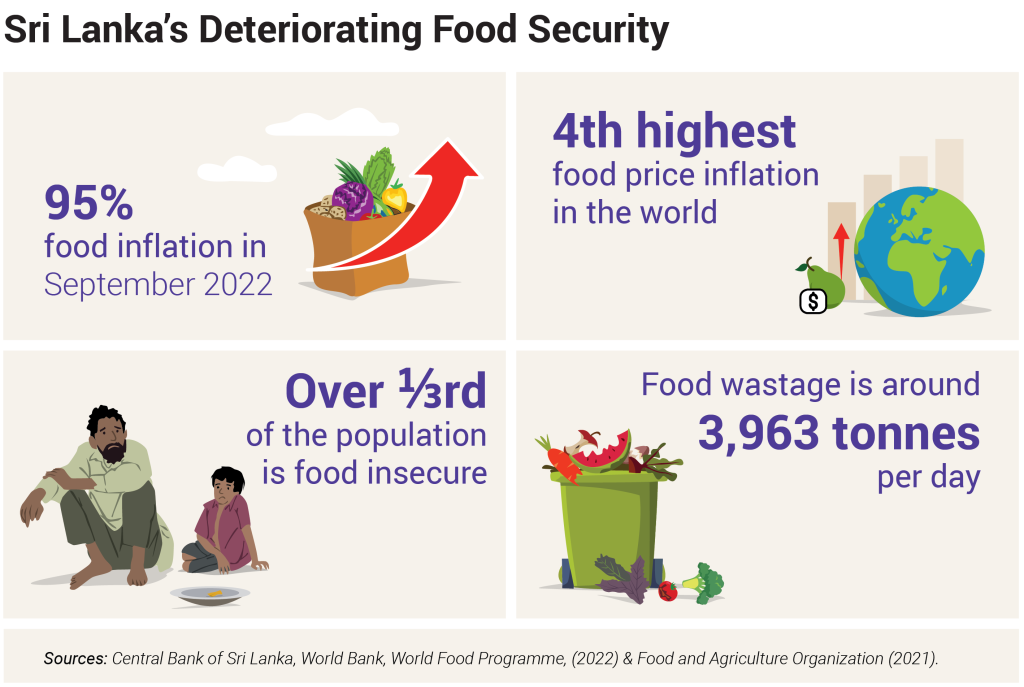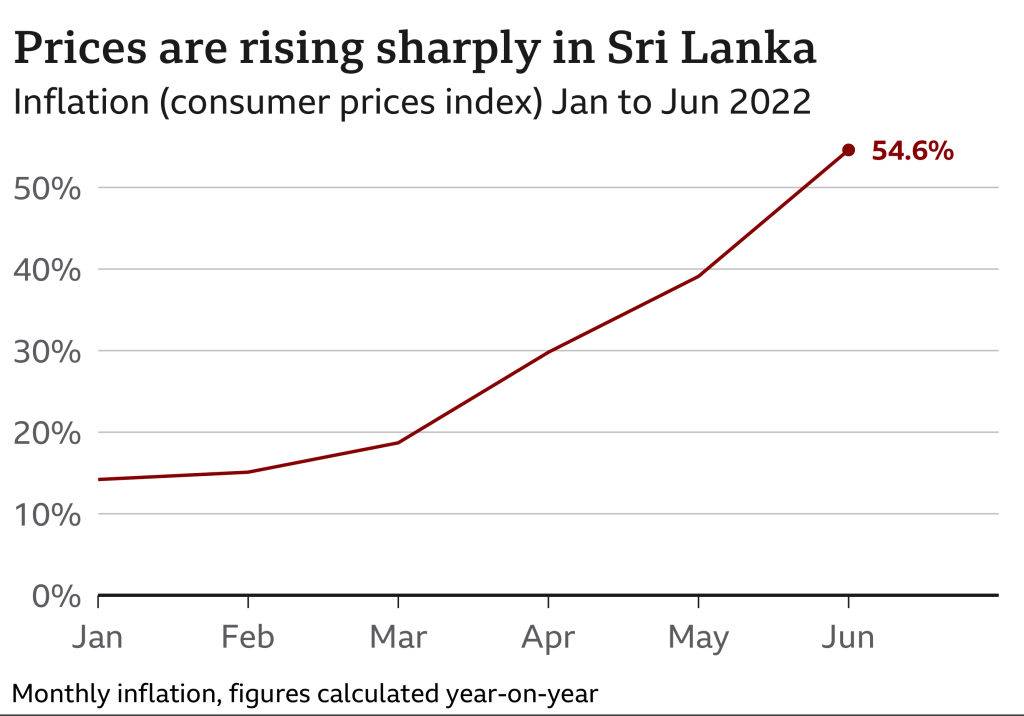
A sustained rise in the average price of goods and services over time in an economy is referred to as inflation. Each unit of currency may purchase fewer products and services when the general price level rises; therefore, inflation implies a decline in the purchasing power of money.
Inflation has a big impact on how a family with average income lives. Families with fixed or limited incomes find it difficult to make ends meet and maintain their standard of living in light of the rising cost of living. As a result of inflation, it is more difficult for families to maintain their former level of purchasing power for the same assortment of products and services.
The principal way that inflation affects a family with an average income is by lowering their purchasing power. The same amount of money is spent less efficiently when goods and services become more expensive. A family might not be able to buy as much as they could before, for instance, if their income stays the same but the cost of food, rent, and other essentials rises. This implies that they could have to reduce non-essential spending or do without a few things.

A family’s capacity to save and make long-term plans may be hampered by inflation. A family may find it increasingly difficult when the cost of living rises to set away money for savings or for significant occasions like a child’s schooling or a family trip. Families may find it challenging to develop long-term financial planning due to inflation because it is difficult to foresee how much prices will rise in the future.
The value of a family’s assets is another way that inflation may have an effect on their standard of living. For instance, if a household has money stashed away in a savings account or invested in stocks, inflation may reduce the value of these possessions. This is due to the possibility that the return on these assets may lag behind the rate of inflation, which will reduce the value of the money that is received from these investments.
The work market and the availability of employment possibilities can be impacted by inflation. Businesses could find it challenging to afford to pay their staff the same salary as before if living expenses rise faster than wages. This can result in a drop in the need for labour, which might mean job losses or fewer hours for employees.

Inflation can affect families psychologically in addition to its economic implications. Prices rising steadily might be distressing and make one feel insecure about their finances. Families who are always dealing with escalating expenditures may find it challenging to feel comfortable and stable financially.
Families can defend themselves from the damaging effects of inflation in a number of ways. Purchasing assets with the potential to appreciate more quickly than the rate of inflation is one approach to this. For instance, investing in stocks, real estate, and precious metals are all possibilities that might be worthwhile. Families should make an effort to boost their income, whether by asking for a raise at work or pursuing other avenues for revenue.
Making smart financial decisions and paying attention to your spending are two other ways to combat inflation. Families may make sure they are getting the most out of their money and are not overpaying for unnecessary products by carefully planning and documenting their costs. To make sure that families are getting the best value for their money, it may also be beneficial to browse about and compare rates.
A household with an average income may endure difficulty and stress due to inflation. Families can, however, take measures to lessen the negative effects of inflation on their way of life by being careful with their spending, finding ways to grow their income, and safeguarding their assets.
Governments must also put policies into place that can lower inflation and stabilize pricing. Governments may adopt a variety of strategies to manage inflation, such as raising interest rates, cutting back on expenditure, and raising taxes. While these actions may help to lower inflation, they may also have unfavourable effects, such as reducing economic growth or making life more difficult for both people and businesses.
In general, an average-income family may find it difficult to cope with the increase in inflation. It can decrease the value of assets, lower purchasing power, and make it harder to save and plan for the future. Families may lessen the effect of inflation on their way of life and financial security, nevertheless, by taking proactive measures to safeguard themselves.